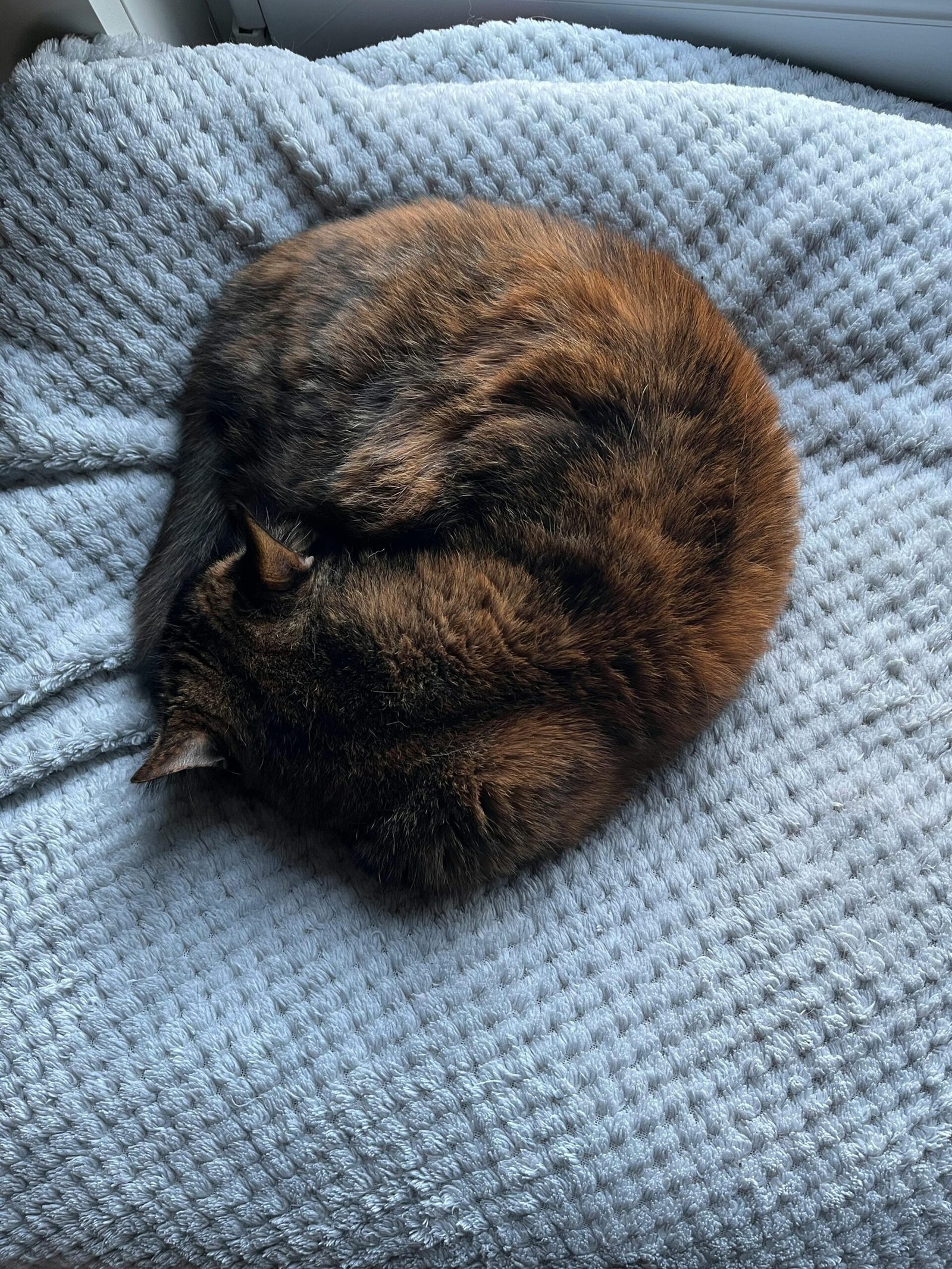
Tossing and turning at night due to elbow and shoulder pain is not a pleasant experience. Whether it’s a dull ache or a sharp discomfort, this nagging pain can greatly disrupt your sleep and leave you feeling tired and irritable the next day. While there can be various underlying causes for this nighttime agony, it’s essential to understand the factors that contribute to your discomfort in order to find relief. In this article, we will explore some common reasons behind elbow and shoulder pain at night and provide insights on how to alleviate them for a peaceful night’s rest.
Causes of Elbow and Shoulder Pain at Night
If you’re experiencing elbow and shoulder pain at night, it can significantly disrupt your sleep and affect your overall quality of life. Understanding the causes of this discomfort is crucial in order to find relief and improve your sleep pattern. In this article, we will discuss the various factors that can contribute to elbow and shoulder pain at night, ranging from overuse injuries to nerve compression.

1. Overuse Injuries
One common cause of elbow and shoulder pain at night is overuse injuries. These occur when the muscles and tendons in these areas are subjected to repetitive, excessive strain over a prolonged period of time. Here are some specific types of overuse injuries that can lead to nighttime pain:
1.1 Tennis Elbow
Tennis elbow, also known as lateral epicondylitis, is a condition that causes pain on the outside of the elbow. It is commonly seen in individuals who play racquet sports or engage in repetitive gripping activities.
1.2 Golfer’s Elbow
Similar to tennis elbow, golfer’s elbow, or medial epicondylitis, causes pain on the inside of the elbow. It is often seen in individuals who play golf or participate in activities that involve repetitive wrist flexion.
1.3 Pitcher’s Shoulder
Pitcher’s shoulder refers to the pain experienced by baseball pitchers due to the repetitive motion of pitching. The repetitive throwing motion can lead to inflammation and strain in the shoulder joint and surrounding muscles.
1.4 Swimmer’s Shoulder
Swimmer’s shoulder is a common condition in swimmers that results from the repetitive overhead arm motion involved in swimming. This constant motion can lead to inflammation and irritation of the shoulder muscles and tendons.
1.5 Wrestler’s Shoulder
Wrestler’s shoulder, also known as acromioclavicular (AC) joint separation, is frequently seen in wrestlers. It occurs when the joint connecting the collarbone and shoulder blade is stretched or torn due to the physical demands of wrestling.
2. Tendinitis
Tendinitis is another cause of elbow and shoulder pain at night. It refers to the inflammation of a tendon, which is the tissue that connects muscles to bones. Here are specific types of tendinitis that can contribute to nighttime discomfort:
2.1 Elbow Tendinitis
Elbow tendinitis, also known as lateral or medial epicondylitis, occurs when the tendons that connect the forearm muscles to the elbow become inflamed. This condition is often associated with repetitive motions such as gripping or lifting objects.
2.2 Shoulder Tendinitis
Shoulder tendinitis, commonly known as rotator cuff tendinitis, affects the tendons and muscles that surround the shoulder joint. Repetitive overhead motions, such as reaching or throwing, can lead to inflammation and pain in the shoulder area.

3. Bursitis
Bursitis is a condition that occurs when the bursae, small fluid-filled sacs that act as cushions between bones, tendons, and muscles, become inflamed. This inflammation can cause nighttime pain in both the elbow and shoulder regions. Here are specific types of bursitis that can contribute to nighttime discomfort:
3.1 Elbow Bursitis
Elbow bursitis, also known as olecranon bursitis, occurs when the bursa located at the pointy part of the elbow becomes irritated or inflamed. This can be caused by activities that involve frequent leaning on the elbows or direct trauma to the elbow area.
3.2 Shoulder Bursitis
Shoulder bursitis, also referred to as subacromial bursitis, is characterized by the inflammation of the bursa located between the rotator cuff and the acromion, a bone in the shoulder. Certain repetitive motions or direct trauma to the shoulder region can trigger this condition.
4. Osteoarthritis
Osteoarthritis is a degenerative joint disease that commonly affects the elbow and shoulder joints. It occurs when the protective cartilage that cushions the bones starts to break down over time, resulting in pain and stiffness. Here are specific types of osteoarthritis that can cause nighttime discomfort:
4.1 Elbow Osteoarthritis
Elbow osteoarthritis typically occurs as a result of normal wear and tear or previous injuries to the elbow joint. This condition can cause stiffness, swelling, and pain, especially at night.
4.2 Shoulder Osteoarthritis
Shoulder osteoarthritis can be caused by repetitive use, previous shoulder injuries, or age-related degeneration of the joint. Nighttime pain is a common symptom of this condition, often accompanied by limited range of motion and shoulder stiffness.

5. Rheumatoid Arthritis
Rheumatoid arthritis is an autoimmune disease that affects the joints, including those in the elbow and shoulder regions. This chronic condition causes inflammation, pain, and swelling that can worsen at night. Here are specific types of rheumatoid arthritis that can contribute to nighttime discomfort:
5.1 Elbow Rheumatoid Arthritis
Elbow rheumatoid arthritis is characterized by the inflammation of the synovial membrane, which lines the elbow joint. This condition can cause pain, joint deformity, and difficulty in performing daily activities.
5.2 Shoulder Rheumatoid Arthritis
Shoulder rheumatoid arthritis can result in significant pain and inflammation in the shoulder joint, making it difficult to move the arm. Nighttime discomfort is common in individuals with this condition.
6. Frozen Shoulder
Frozen shoulder, medically known as adhesive capsulitis, is a condition characterized by severe shoulder pain and stiffness. The shoulder joint becomes significantly restricted in movement, causing discomfort both during the day and particularly at night.
7. Rotator Cuff Tear
A rotator cuff tear refers to a tear or injury in one or more of the tendons that make up the rotator cuff in the shoulder. This common injury can cause significant pain at night, as well as weakness and limited range of motion in the affected arm.
8. Impingement Syndrome
Impingement syndrome occurs when the tendons of the rotator cuff become irritated and inflamed as they pass through the shoulder joint. This condition can cause nighttime pain, along with weakness and limited shoulder movement. Here are specific types of impingement syndrome that can contribute to nighttime discomfort:
8.1 Elbow Impingement Syndrome
Elbow impingement syndrome occurs when the tendons or bursa within the elbow joint become compressed or pinched. This can cause pain and restricted movement of the elbow, particularly at night.
8.2 Shoulder Impingement Syndrome
Shoulder impingement syndrome is characterized by the compression of the rotator cuff tendons and bursa within the shoulder joint. This can result in pain, weakness, and difficulty in raising the arm, often worsening at night.
10. Nerve Compression
Nerve compression refers to the compression or pinching of nerves in the elbow or shoulder region. This can lead to significant nighttime pain and discomfort. Here are specific types of nerve compression that can contribute to nighttime symptoms:
10.1 Cubital Tunnel Syndrome
Cubital tunnel syndrome occurs when the ulnar nerve, which runs along the inside of the elbow, becomes compressed or irritated. This can cause pain, tingling, and numbness in the arm and hand, which may intensify at night.
10.2 Thoracic Outlet Syndrome
Thoracic outlet syndrome is characterized by the compression of the nerves or blood vessels in the space between the collarbone and the first rib. This can lead to pain, numbness, and weakness in the shoulder, arm, and hand, potentially worsening at night.
In conclusion, there are various causes of elbow and shoulder pain at night. From overuse injuries to tendinitis, bursitis, osteoarthritis, rheumatoid arthritis, frozen shoulder, rotator cuff tears, impingement syndrome, and nerve compression, these conditions can significantly impact your sleep and daily activities. If you’re experiencing nighttime pain in your elbow or shoulder, it is important to consult with a healthcare professional for an accurate diagnosis and appropriate treatment plan. Remember to prioritize rest, manage stress levels, and practice good ergonomics to prevent or minimize the occurrence of these painful conditions.





